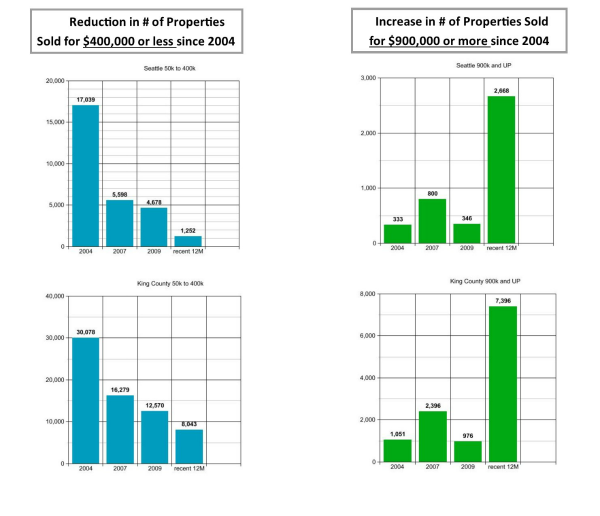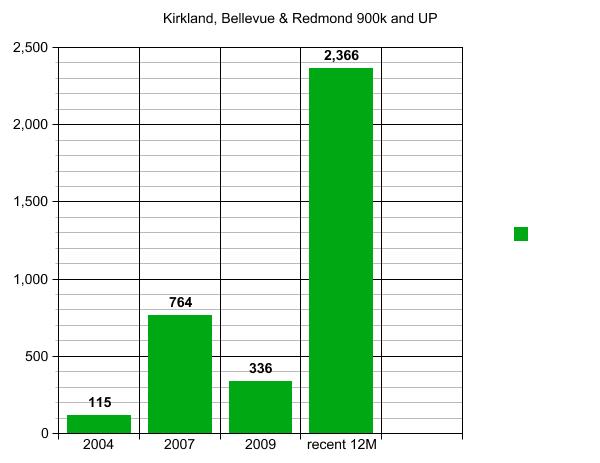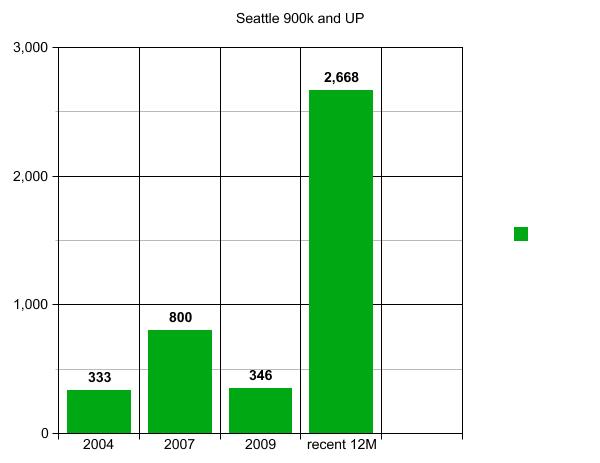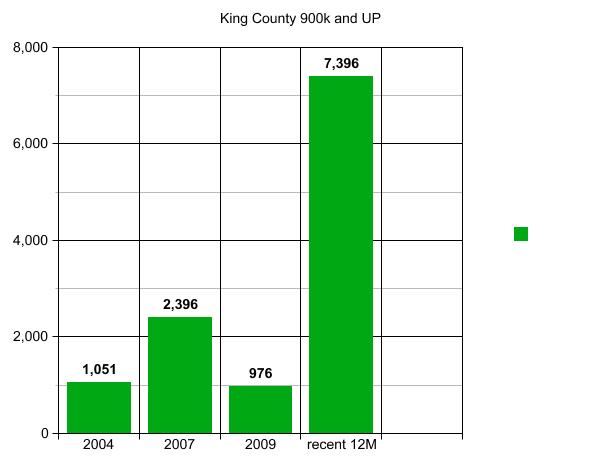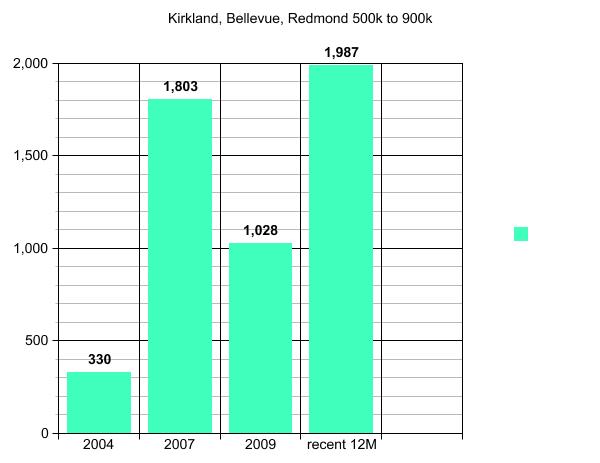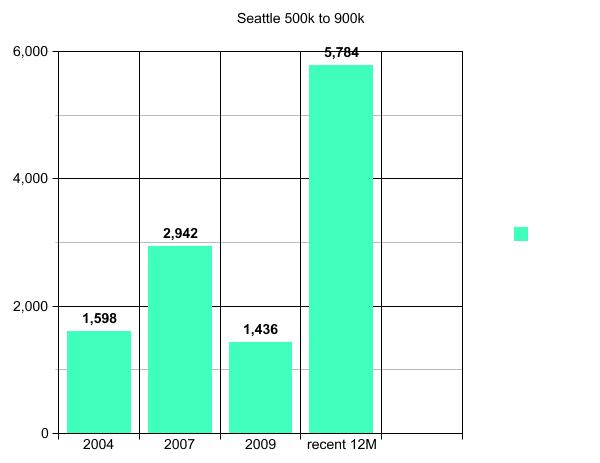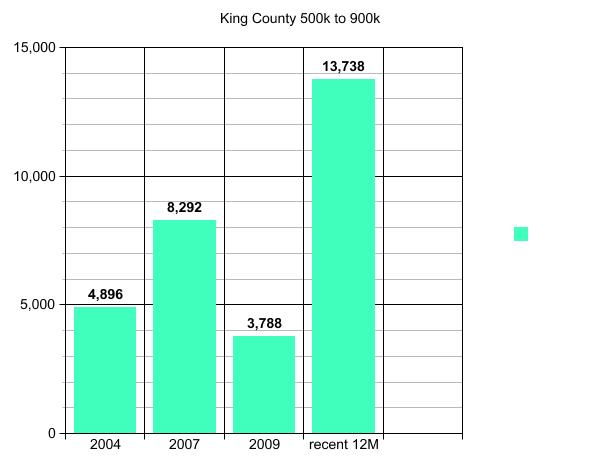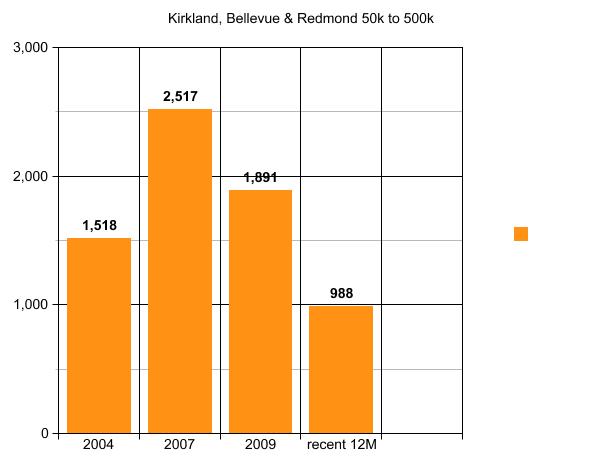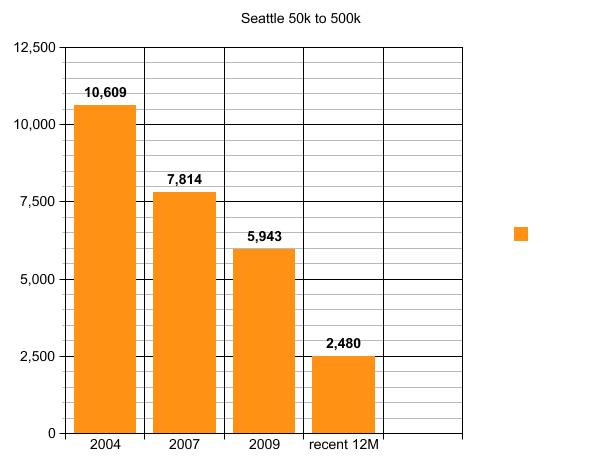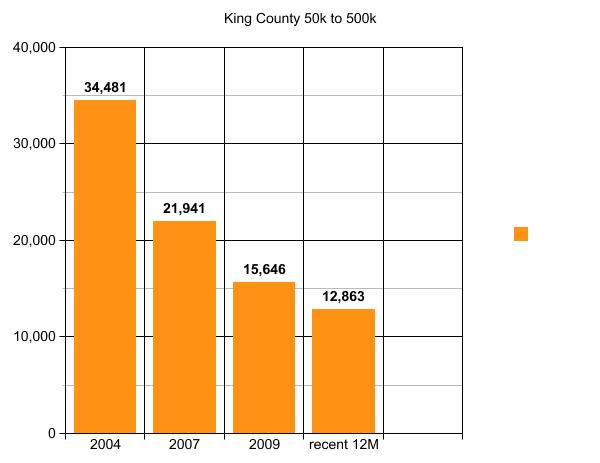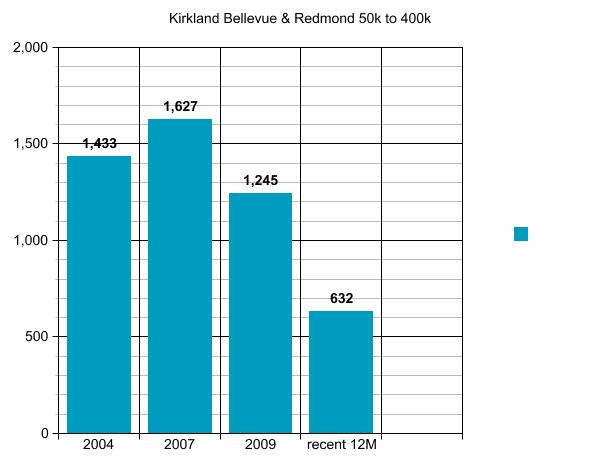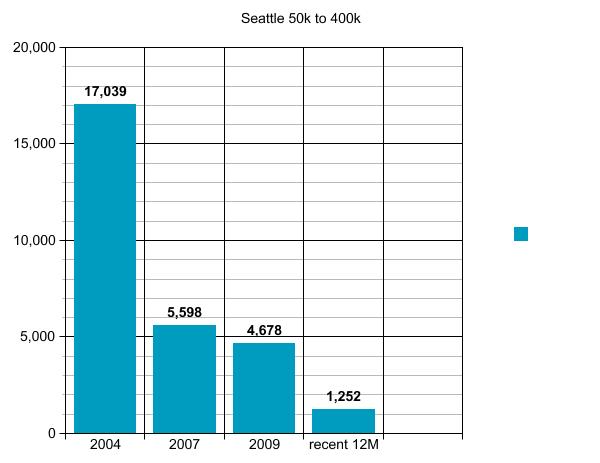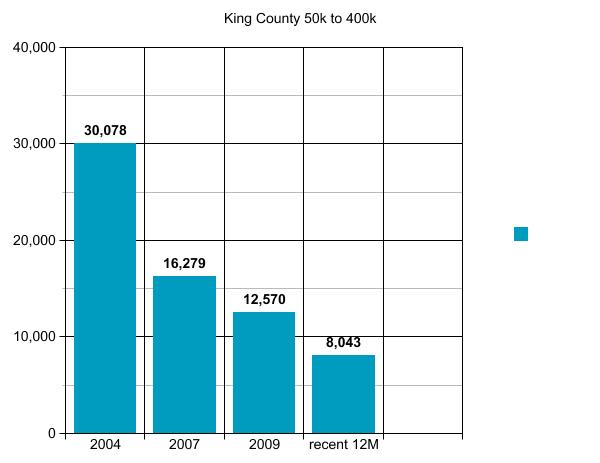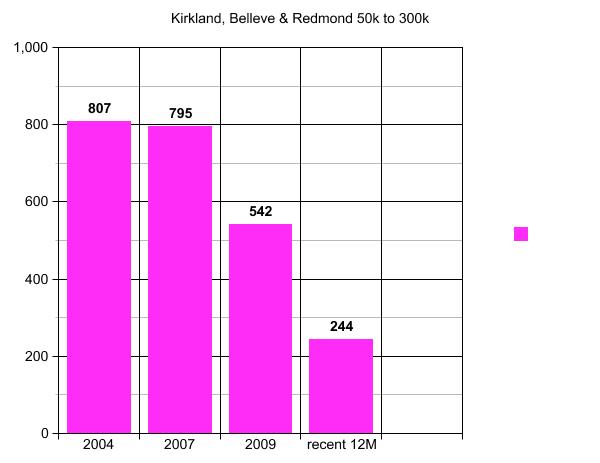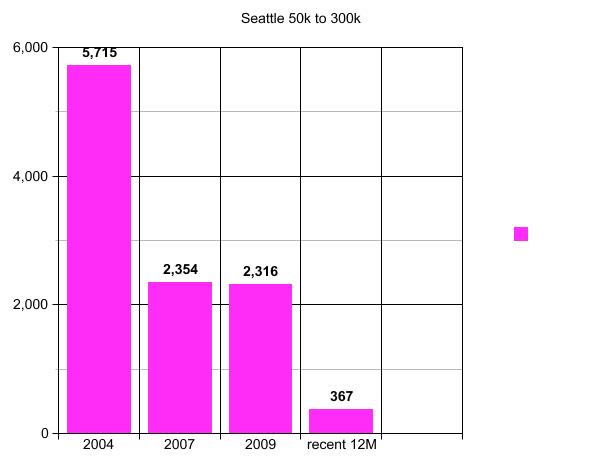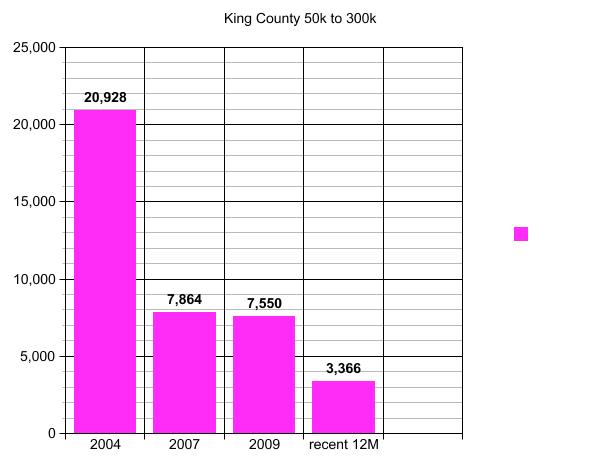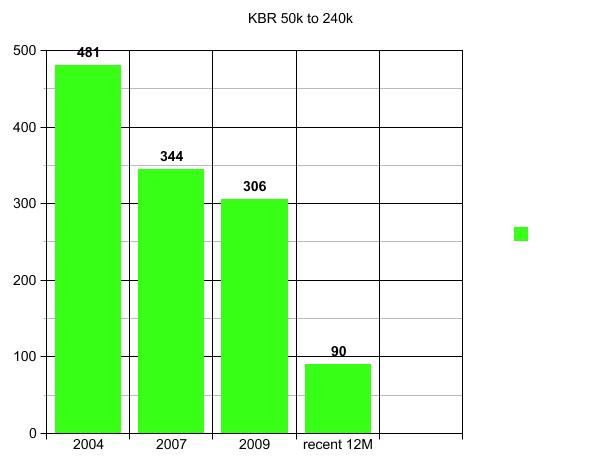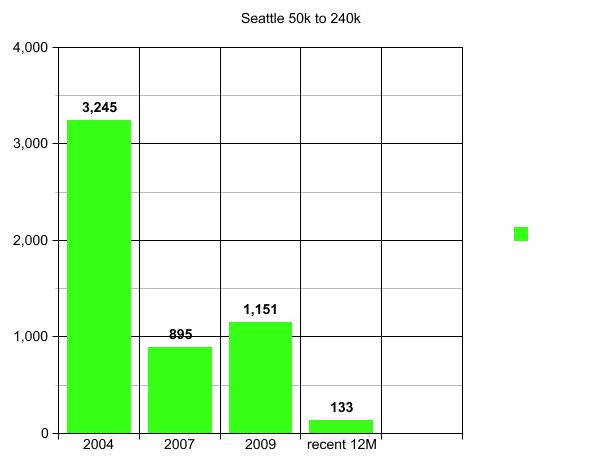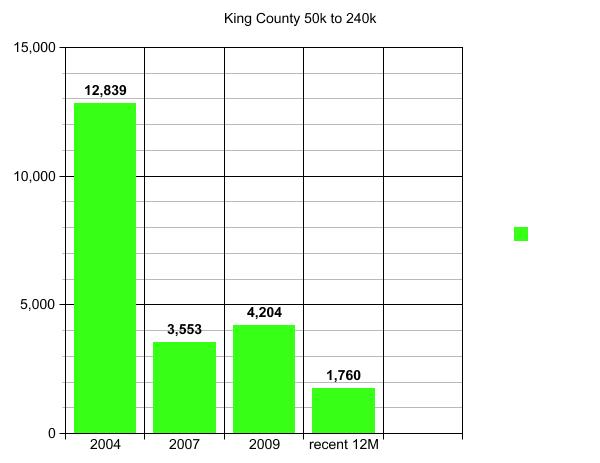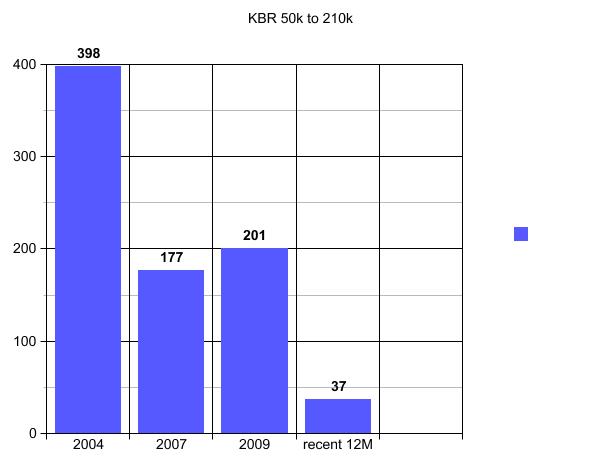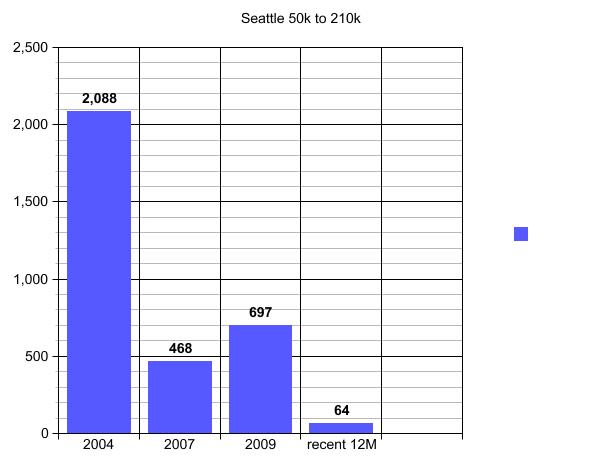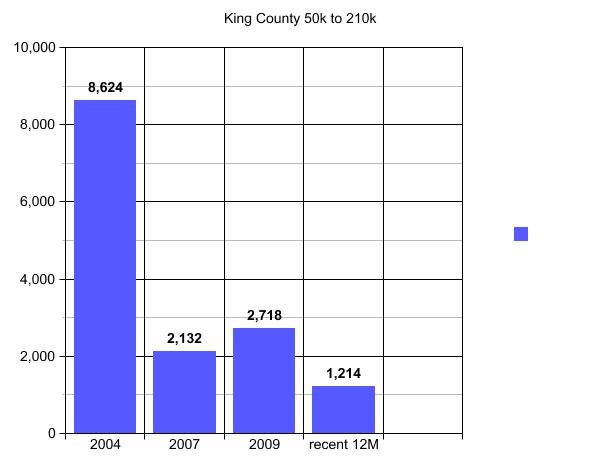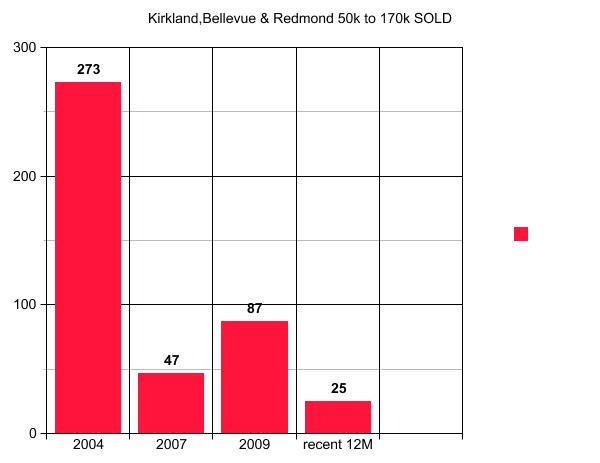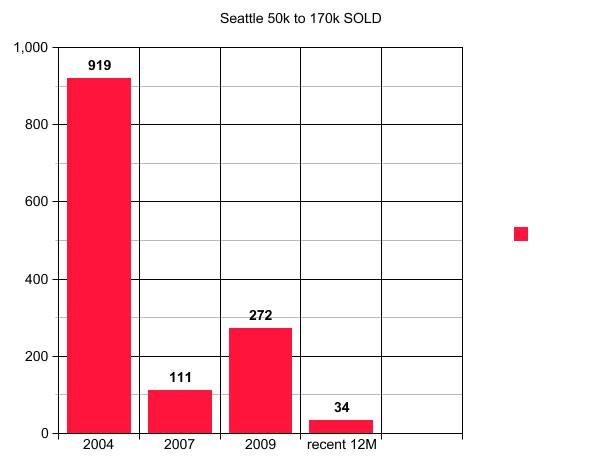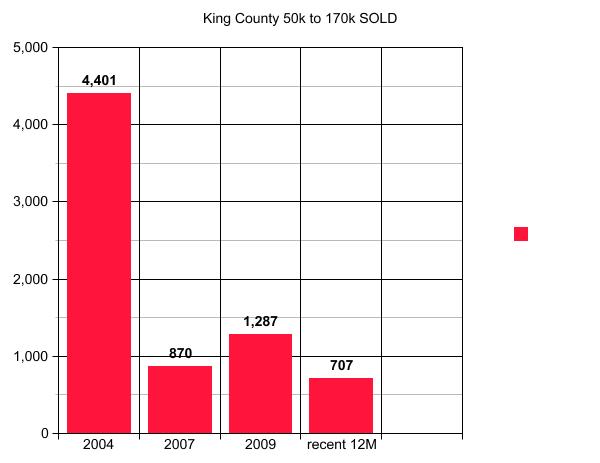Everyone who is buying a home comes to the marketplace with some preconceptions as to how things will proceed. If someone is selling a house in the area and buying a different house in the same area, there are not as many surprises that cause a lot of confusion. If someone is moving here from California, the process of buying a home is not different and the home styles are often so completely different that the expectation of what they will find is not carved in stone.
When someone is moving here from the East Coast, especially the Northeast, there are a few differences best known before you head out to buy a house.
1) THE HOUSES ARE DIFFERENT

The main difference in the home style is what is called “Craftsman” style. If you are building a house, they often will ask “Traditional or Craftsman?” when asking for the main styling of all of the millwork in the house. While “Traditional” will resemble an East Coast Colonial style a little bit…”traditional” does not mean “colonial”. The floor plan may or may not be different, but the facade will definitely be different.
The four homes in the photo are basically new homes by the same builder with the two on the left being on the East Coast and the two on the right being in The Seattle Area.
Some of the main differences:
1) Wood or wood facsimile products vs Brick A lot of people moving here from other States and other Countries like the more solid look of brick. But know that one of the reasons this area avoided brick for the most part is due to earthquake activity. Wood has some flexibility. Brick and mortar joints do not. There are plenty of old brick tudors still standing that have been through earthquakes. But I have seen many where there are patches over time from the brick cracking in a step pattern. I had some pictures in my phone of a house over in Montlake with this issue recently. If you do buy a brick house, examine it carefully, not just for cracks but for sections where the mortar is wider and often in a step pattern. Do use a structural engineer in addition to or as the home inspector as well. The new homes the brick is just a “facade” and not part of the construction. Still, brick doesn’t move well, even to a small degree.
That said, many of the homes today are built with a wood-like cement product as the siding. More expensive and custom homes still use wood. But most tract homes use the wood-facsimile product that may not have more movement than brick. You just don’t have to deal with the mortar issues.
2) Shutters Most of the time you will feel like the shutters are missing. Often, especially when buying older homes of the exact same style you can find on the East Coast, people will remark that they need to add shutters. Colonial homes had shutters going back centuries of the type shown on the homes in the photos on the left. Once in awhile you will find a form of shutters here that are more of a tudor style shutter. Same with the uneven pitched roof on the bottom photo on the right. There is a tudor influence. But no shutters has been more common for a very long time and because the homes were built that way it may not be easy to add them.
3) Closing and Closing Day
ALMOST NEVER DO YOU MOVE ON THE DAY OF CLOSING ON THE WEST COAST. NOR DO YOU TAKE OFF ANY TIME FROM WORK ON CLOSING DAY.
This has always been the most significant difference in the process, and one that often confuses people who are buying homes.
DO NOT MAKE ANY ARRANGEMENTS FOR MOVERS OR ANY OTHER SERVICES FOR CLOSING DAY!
This is vastly different from the East Coast where closings happen all day and several times in a day, usually every hour or so.
Whether or not you are moving here from the East Coast, it does seem a bit odd for the seller to be signing over his house to a buyer before it is paid for. It also seems a bit odd to sign all of your closing paperwork as the buyer and even bring your funds to closing, and not get the keys to the house. Even more odd that the day of closing is not the day you can tell your movers to bring your belongings to your new house.
The difference is that on the West Coast (and several other States) “closing” means the County has actually recorded the Deed to the property in the buyers name. On the East Coast that is not the case and the Deed is often recorded “in due course” and sometimes a month or so after closing. HUGE difference. On the East Coast they do a table funding and the buyer and seller are often in the same room with the agents and the closing agent. They buyer brings their money, the lender sent the money early in the day, the seller gets a check and hands over the keys to the buyer. All that within one hour. So if the signing is at 10 you can usually have the movers start moving things in around noon. If your closing is at 1 you can usually have the movers ready to move things in by 3 ish.
NOT so on the West Coast. On the West Coast the seller sometimes signs the new Deed over to the buyer a couple of weeks before closing. The buyer most often signs a few days before closing. Closing Day is too late to do much of anything. If it all wasn’t done before Closing Day, or at least most of it, less likely it will close by end of day. Closing is a phone call saying “we have recording numbers”. That means the new Deed has been recorded in the buyer’s name and that usually happens between 4 and 5 p.m. (not always; but often)
BUT! KEYS ARE NOT DUE UNTIL BY 9 P.M.
Once in awhile the seller is not completely moved out by the time that phone call comes in. Technically they have until 9 p.m. to be vacated and hand over the keys. I have only seen it go all the way to 9 p.m. a couple of times in a dozen years. But neither is it practical to want the keys to the house as soon as you get the phone call that it is closed.
The Seller gives the keys to their agent. Their agent gives the keys to the buyer’s agent. The buyer gets the keys from their agent. Most always the Agent for the Buyer can’t get the keys until after it closes. There are a dozen different ways we arrange this depending on the agents and parties, but do know that having cleaners or movers standing outside the door at 5:30 p.m. can end very badly.
Things are changing a bit because of the new rules that lenders must follow as of October 3rd. We are seeing more table funded loans and more buyers signing the morning of closing. We can’t move to a system where all buyers sign the morning of closing. It just wouldn’t work for the Title Companies.
As a buyer you don’t get much notice as to when you will be signing. More and more people are paying an extra cost for a mobile signer so they can sign after business hours or very early in the morning before work.
Just know that Closing Day on the West Coast is very, very different and once your loan documents get to escrow, there will be a signing appointment scheduled with very little advance notice. It’s a bit chaotic, but, it’s just how it is done here.
If you have moved here from the East Coast and have some other observations as to the differences, do note them in the comments along with where you moved here from.

